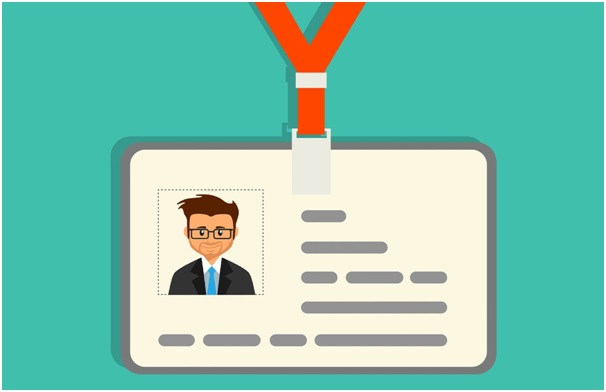2020 has been a unique year for everyone. It has changed not just our personal lives but has affected many businesses the world over. Businesses have had to change the way they operate and so have their customers. The companies have had to rely mostly on the Internet to connect with their users. With millions of users online, the challenge for companies has been to verify the identity of the user. They could be for several reasons like assigning the correct orders to the customer, meeting regulations and laws, collecting data for better customer service, and many more.
A few questions you might have could be
- How do I verify the identity of my customer when I cannot do so in person?
- Will it be different in a post-COVID 19 era?
- Are there online solutions to verify my customer?
- Is there an identity verification solution?
- Is there a KYC online verification tool or service?
The short answer is that there are identity verification solutions offered by companies that can help you do that and the future is mostly bright and improving KYC online verification experiences is important for both the customer and the business. Most of these services offered by identity verification solution companies are fast and you get instant identity verification. Generally accepted and authorized forms of identification may include one or more of the following processes.
- Driving License Verification
- Passport Verification
- Aadhar authentication, Voter ID verification, PAN Verification (India)
- Popular Social Websites like Google/Facebook/LinkedIn
- Social Security Number
- Other Government or legally accepted documents
Keep in mind that collecting, storing, and distribution of confidential information are strictly governed by laws and these laws can vary from country to country.
Most providers of identity verification solutions will use well-known, time-tested methods to achieve this for your business. Let us have a look at a few popular ones below to give you a better idea of this process.
Two-Factor Or Multi-Factor Authentication
Simply put, there are 2 or more levels of security that a user has to go through to prove that they are, who they say they are. You would have come across this in several forms. Think about every time you use an ATM. You need the physical card (level 1) and the pin code (level 2). Another form in which you might see this is when you make an online payment for online purchase. You need your debit or credit card details (level 1), in combination with a pin code (level 2) and an OTP sent to your mobile phone (level 3).
Single Sign-On SSO Authentication
The process for identity verification can seem tedious and ruin customer experience so in some cases you opt for a single sign-on verification process. This is generally done through existing social media sign in details and has been well accepted as they have become more popular. Frequently used platforms include Google, Facebook, or LinkedIn.
Knowledge-Based Authentication
Here you would verify your customer by asking questions that only the customer would be able to answer, These include preset questions that the customer has opted for or a hint or clue.
Credit Bureau-Based Authentication
Popular for finance-related companies like banks, they use existing databases to confirm customer details and are useful when handling large volumes of customers.
At FeetPort we use a combination of these identity verification processes and have created digital webforms that you, as a business owner can share with your customers either by email or WhatsApp. Keeping customer experience in mind, our focus has also been to make the process of verification quick and easy. FeetPort collects details about your customer and manages them so you don’t have to manually input or verify their details so you save time and resources.
You can use the secure, custom URLs that are best suited for on-boarding, online application forms and remote KYC. We have built secure, reliable, and automated systems to quickly scan ID proofs and for large databases we help you manage them with real-time dashboards.
Just imagine how easy it would be for a customer to open a bank account or get a credit card or medical insurance. As a business owner, you get the peace of mind of details collected for KYC that are quietly running in a secure and systematic way and you have the time to focus on your core business processes.
